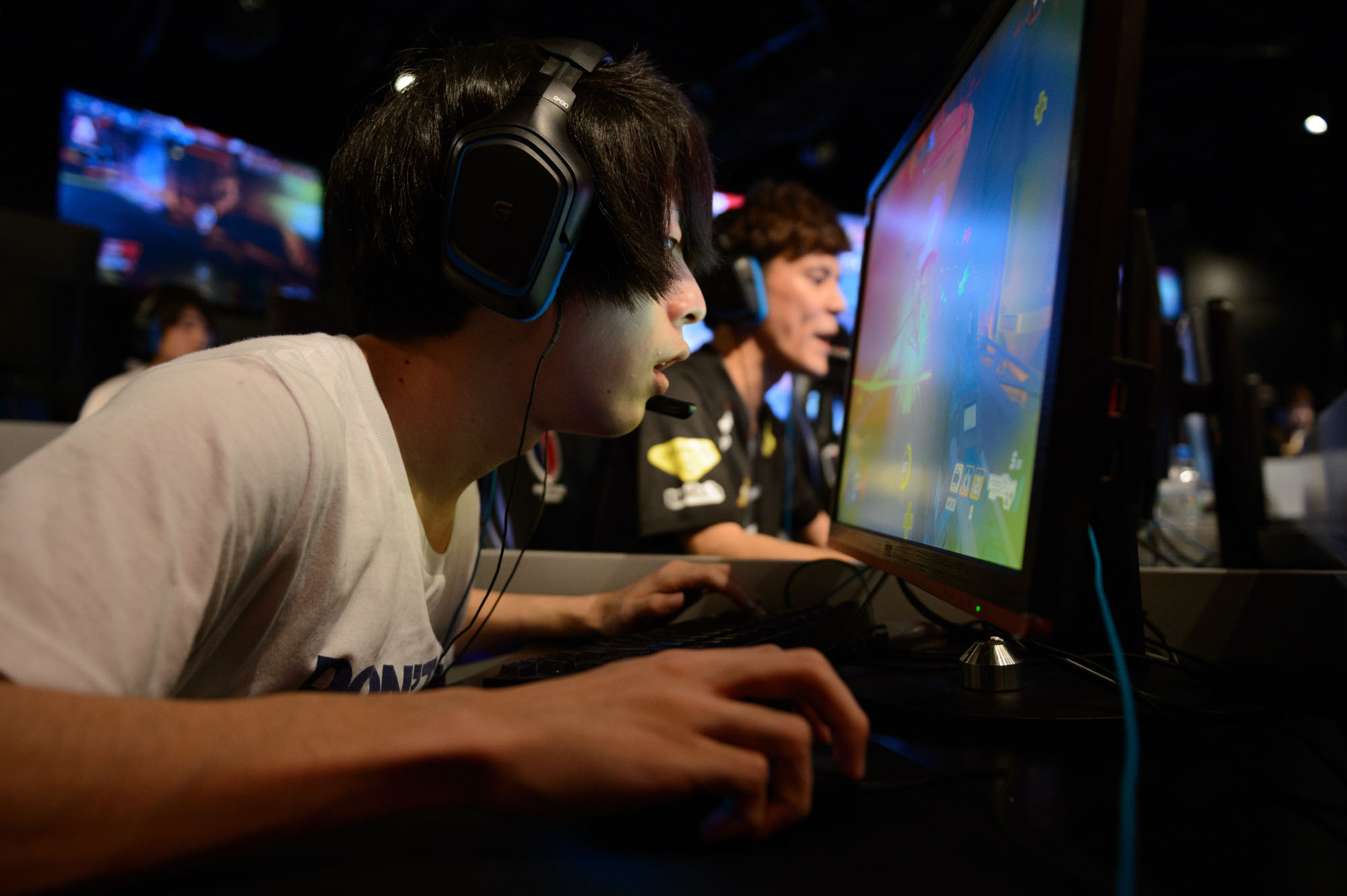Spectators packed a Seattle arena and 5 million more went online to watch a video game tournament this summer in which winners each earned $2.2 million, about as much as tennis pro Rafael Nadal won at this year's French Open. Players came from all over the world but, as usual at these events, none was from Japan, the country that lit the industry on fire nearly 40 years ago.
Competitive video gaming is big business. In China and South Korea, stadiums are being built for it. In the United States, promising gamers win college scholarships and NBA teams pay athletes to sit in front of computer screens and compete at virtual basketball. By 2020, total revenue from e-sports will reach $5 billion annually, almost as much as the world's biggest soccer league today, according to market researcher Activate. London bookmakers place the odds at 4-to-1 that video games will be in the Olympics by 2024.
Yet Japan, which in the 1980s held some of the world's first televised video game battles, no longer has serious training grounds for its players. Laws meant to police organized crime and gambling have cast a net so wide they prevent paid gaming competitions, whether at internet cafes or at stadiums like the one in Seattle where 12,000 people in August spent as much as $200 to watch the tournament for "Dota 2," an ultra-popular game by U.S.-based Valve Corp.

















With your current subscription plan you can comment on stories. However, before writing your first comment, please create a display name in the Profile section of your subscriber account page.